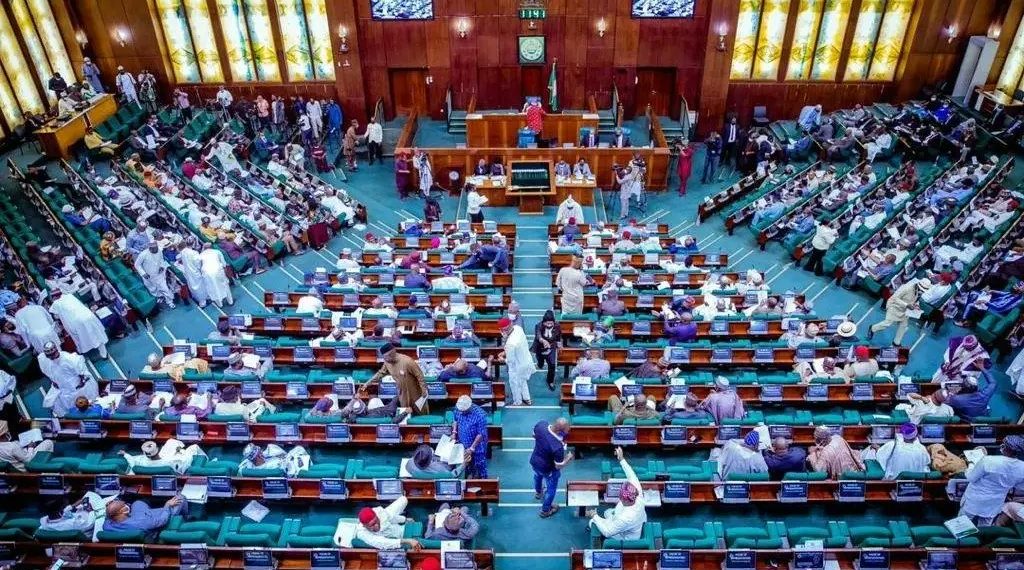THE House of Representatives is holding a special plenary session on national security.
A delegation of St Kitts and Nevis, led by the Speaker of its parliament, Lanein Blanchette, as well as another group from the United States of America Embassy, were admitted into the chamber for the plenary.
The House is expected to receive a consolidated Internal Assessment prepared by relevant committees, including security incidents, trends, oversight findings, and implementation of previous resolutions, as well as evidence-based presentations by committees on defence, national security and intelligence, police affairs, human rights, interior, foreign affairs, women affairs, youth development, and emergency and disaster preparedness.
At the end of the session, a formal resolution summarising agreed actions, timelines, and oversight mechanisms is expected.
In his opening remarks, the speaker, Tajudeen Abbas, stated that Nigeria’s sovereignty is not negotiable, while being mindful of the longstanding relationship with the United States.
Abbas welcomed the prospects of working with the United States to address security concerns.
According to the speaker, the House is working carefully on the Religious Freedom Accountability Bill. He insisted that Christian and Muslim communities have been targeted by terrorist groups.
The speaker highlighted that military coups in neighbouring West Africa.
On his part, the Deputy Speaker, Benjamin Kalu, said the House will, in the next six months, pass legislation that prohibits ransom negotiation, criminal penalties for government officials who negotiate ransom or authorise unstructured amnesty deals, and establish criteria for disarmament.
He also called for an investigation of alleged negotiations with bandits by the government and payment of ransom.
Tuesday’s meeting followed heightened insecurity across the country. The mass abduction of students and worshippers has made headlines in recent weeks, drawing outrage and prompting concerns from within and outside the nation.
Gunmen took students in Kebbi and Niger states, leading to the closure of schools in several parts of northern Nigeria. Opposition parties and figures have blamed the government for its failure to address the security concerns, asking President Bola Tinubu’s administration to protect lives and properties in the country.
Last week, the US Congress held a public hearing over President Donald Trump’s redesignation of Nigeria as a Country of Particular Concern (CPC).
During the hearing, victims, lawmakers, and others testified before the lawmakers over the rising levels of insecurity, which has seen scores abducted, houses destroyed, and hundreds of people killed in the past years.







